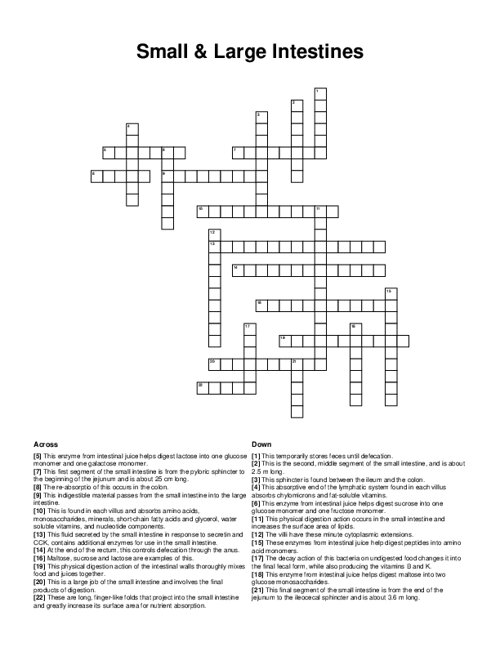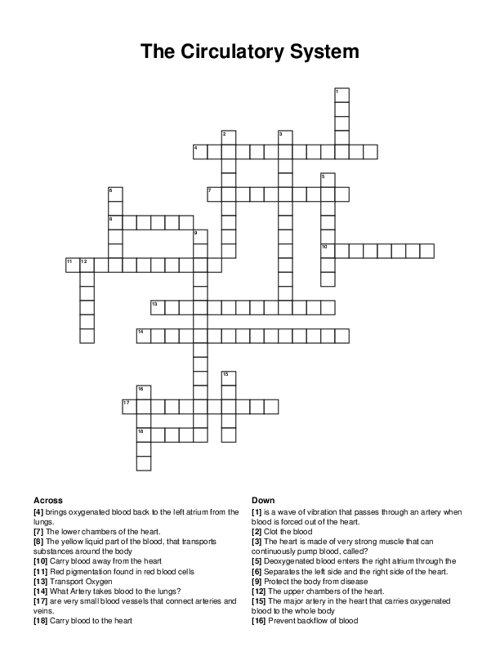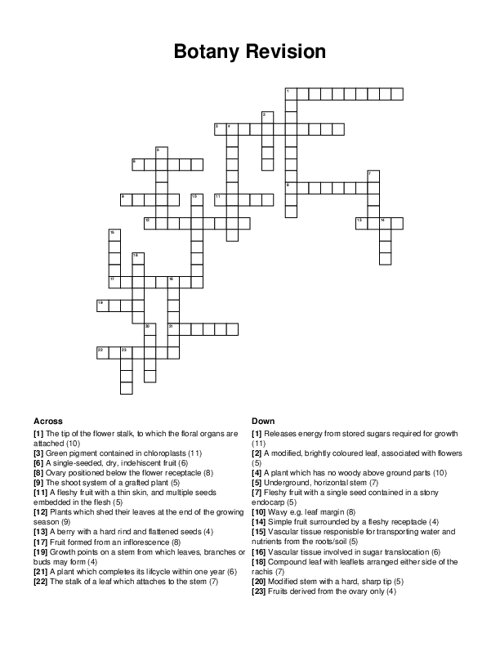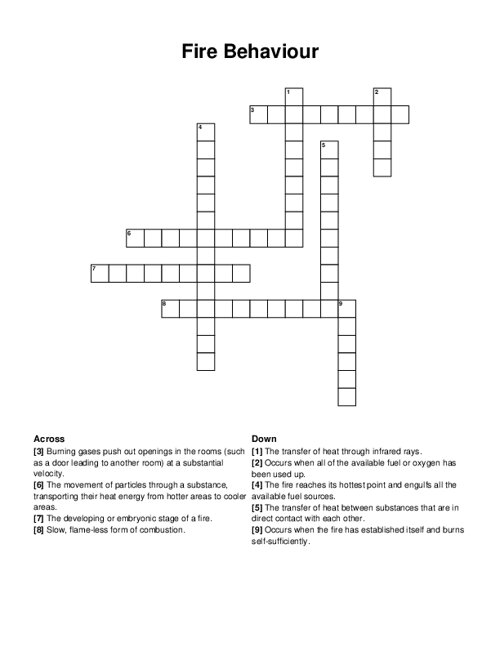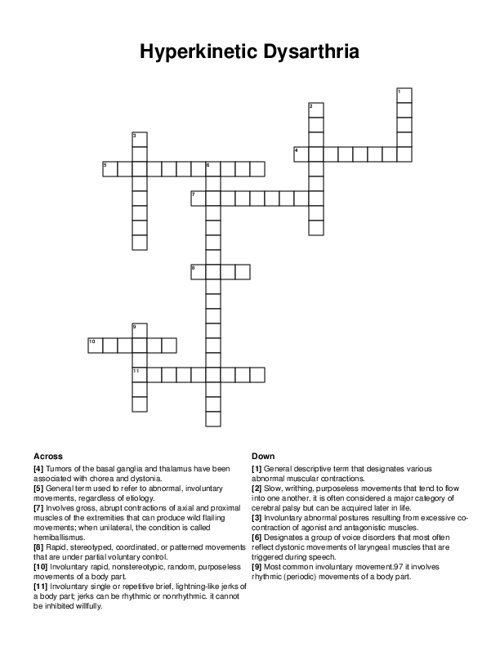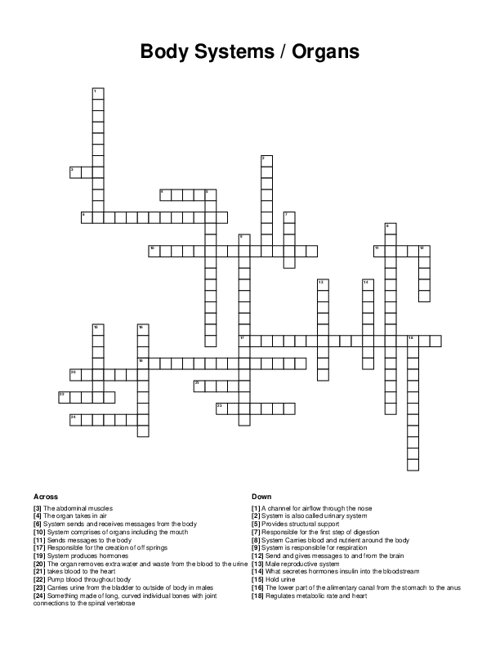Small & Large Intestines Crossword Puzzle
Download and print this Small & Large Intestines crossword puzzle.
Related puzzles:
QUESTIONS LIST:
- intestinal juice : this fluid secreted by the small intestine in response to secretin and cck, contains additional enzymes for use in the small intestine.
- peristalsis : this physical digestion action of the intestinal walls thoroughly mixes food and juices together.
- emulsification : this physical digestion action occurs in the small intestine and increases the surface area of lipids.
- disaccharide : maltose, sucrose and lactose are examples of this.
- peptidases : these enzymes from intestinal juice help digest peptides into amino acid monomers.
- maltase : this enzyme from intestinal juice helps digest maltose into two glucose monosaccharides.
- sucrase : this enzyme from intestinal juice helps digest sucrose into one glucose monomer and one fructose monomer.
- lactase : this enzyme from intestinal juice helps digest lactose into one glucose monomer and one galactose monomer.
- duodenum : this first segment of the small intestine is from the pyloric sphincter to the beginning of the jejunum and is about 25 cm long.
- jejunum : this is the second, middle segment of the small intestine, and is about 2.5 m long.
- ileum : this final segment of the small intestine is from the end of the jejunum to the ileocecal sphincter and is about 3.6 m long.
- absorption : this is a large job of the small intestine and involves the final products of digestion.
- villi : these are long, finger-like folds that project into the small intestine and greatly increase its surface area for nutrient absorption.
- microvilli : the villi have these minute cytoplasmic extensions.
- lacteal : this absorptive end of the lymphatic system found in each villus absorbs chylomicrons and fat-soluble vitamins.
- capillary bed : this is found in each villus and absorbs amino acids, monosaccharides, minerals, short-chain fatty acids and glycerol, water soluble vitamins, and nucleotide components.
- ileocecal : this sphincter is found between the ileum and the colon.
- cellulose : this indigestible material passes from the small intestine into the large intestine.
- water : the re-absorptio of this occurs in the colon.
- e.coli : the decay action of this bacteria on undigested food changes it into the final fecal form, while also producing the vitamins b and k.
- rectum : this temporarily stores feces until defecation.
- anal sphincter : at the end of the rectum, this controls defecation through the anus.
